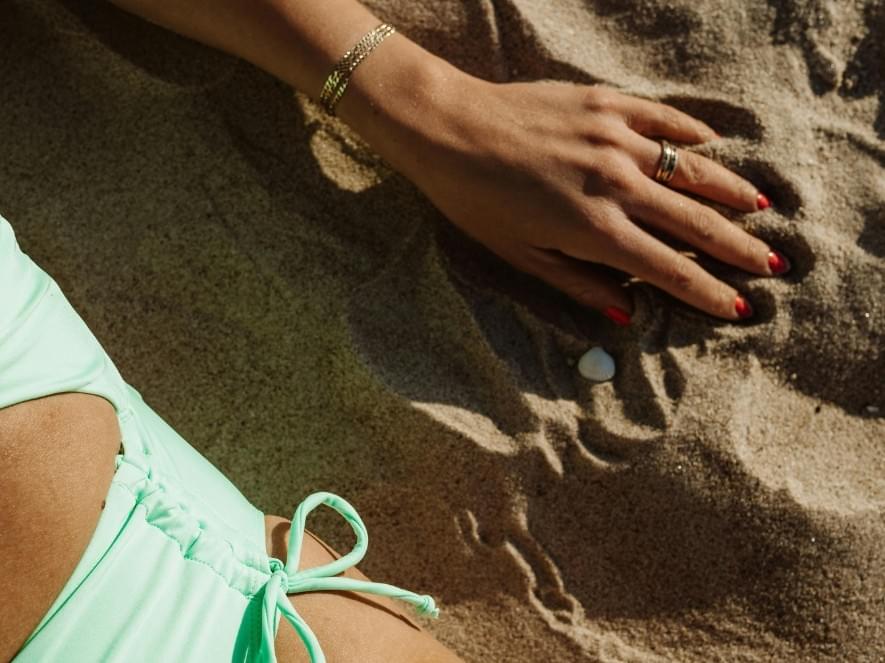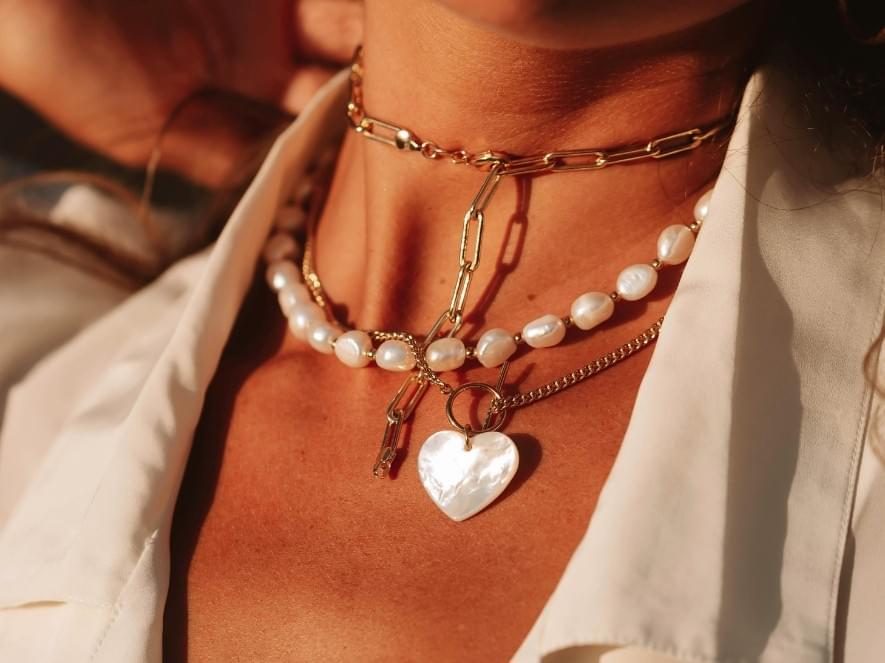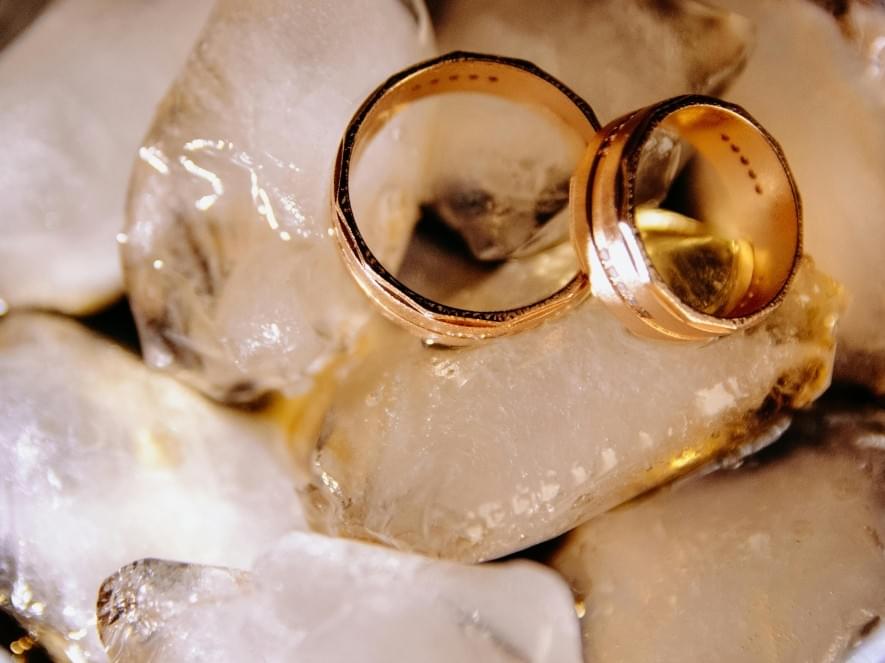
As the season of holidays, sun, and fun continues, jewellery experts are giving their tips for ensuring you have waterproof jewellery fit for every occasion.
Experts at Austen & Blake have provided everything you need to know to make sure your jewellery is splash-proof – from carefully selecting metals and stones, to protection tips for even the most waterproof jewellery pieces…
Sun & Water-Friendly Gemstones
1. Diamonds & sapphires
Diamonds and sapphires are highly durable, known for handling both sun and water exposure. They’re great for beach days and outdoor events and shine bright, even in salt, sand and the sun. Diamonds are especially long-lasting and a holiday staple thanks to their versatility and durability.
2. Rubies, topaz & aquamarine
Excellent for humid climates and strong enough to withstand occasional splashes.
3. Moissanite
A brilliant and affordable alternative to diamonds, moissanite is tough enough for summer adventures.
Take caution with:
Pearls, opals and turquoise: These are porous and can dry out, crack or discolour when exposed to saltwater, sweat or intense sunlight.
Emeralds: Often treated with oils that can degrade in heat or chlorinated water.

Despite being a beach staple, pearl jewellery can dry out, crack or discolour when exposed to saltwater, sweat or intense sunlight
Smart Summer Waterproof Jewellery Care Tips
Rinse after the dip: If you wear any jewellery in the ocean or pool, rinse it with fresh water immediately after and dry it with a soft cloth. Soap and chlorine can dull metals and stones over time, so it’s best to remove pieces before showering or swimming if it can be helped.
Storage matters: Using anti-tarnish bags or airtight containers when not wearing your jewellery, especially in humid climates, can help to keep it free from scuffing and prevent scratches. Soft-lined pouches or boxes are best for this!
Avoid direct sunlight for storage: UV rays can fade or damage certain stones if left out too long.
Sweat-proof strategy: Apply sunscreen and lotions before putting on your jewellery to avoid buildup that can contribute to dulling its shine.
Check your insurance cover: Before travelling, ensure your jewellery is covered either by your travel insurance or by a policy of its own. This is especially important for high-value pieces, such as an engagement ring. Read the small print to make sure the cover is adequate.

Solid gold pieces are good at resisting tarnishing and corrosion
Best Waterproof Jewellery Types for Summer
1. Solid gold (9K or higher)
Gold can resist tarnishing and corrosion, especially in lower carats such as 9K. Gold-plated pieces can wear away quickly with moisture.
2. Platinum
Ultra-durable and non-reactive, platinum holds up well in chlorinated pools and saltwater. A perfect choice for daily summer wear.
3. Titanium & Stainless Steel
Affordable and incredibly resistant to corrosion and sweat, these metals are ideal for active lifestyles and water sports.
Avoid:
Sterling silver (tarnishes easily in humid or salty conditions)
Copper, brass or bronze (can oxidise and discolour skin)
Kat Hill from Austen & Blake concludes: “You may have seen pieces that claim to be waterproof jewellery and non-tarnish, resistant to sweat and swimming alike.
“This tarnish-free, waterproof jewellery often has Physical Vapour Deposition coating, or PVD coating.
“Usually, this means a thin layer of precious metal, such as yellow gold, is vacuum-sealed onto stainless steel. This creates a surface layer of precious metal, which is a more affordable option compared to pieces created entirely with the same precious metals.
“While the most important thing is to stay on budget, it is worth remembering that if you can, investing in a solid piece of waterproof jewellery will last a lifetime, rather than just a season. Crucial for pieces you’ll be wearing on repeat!”
